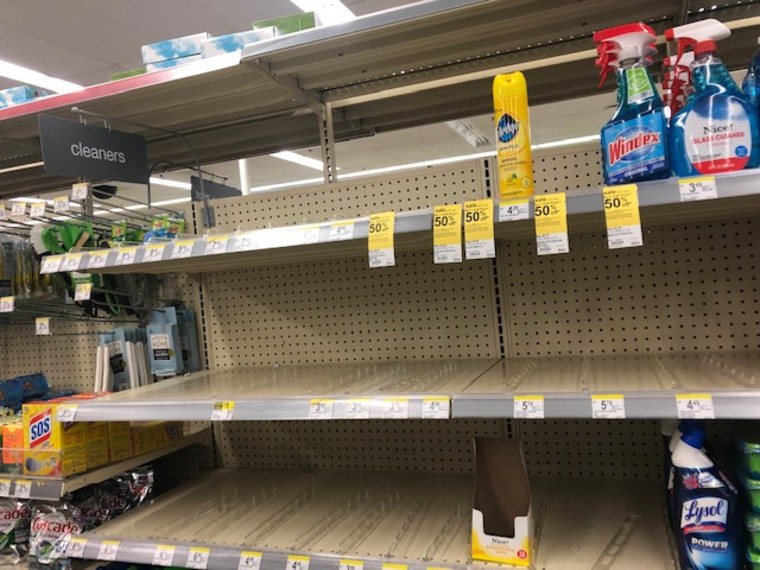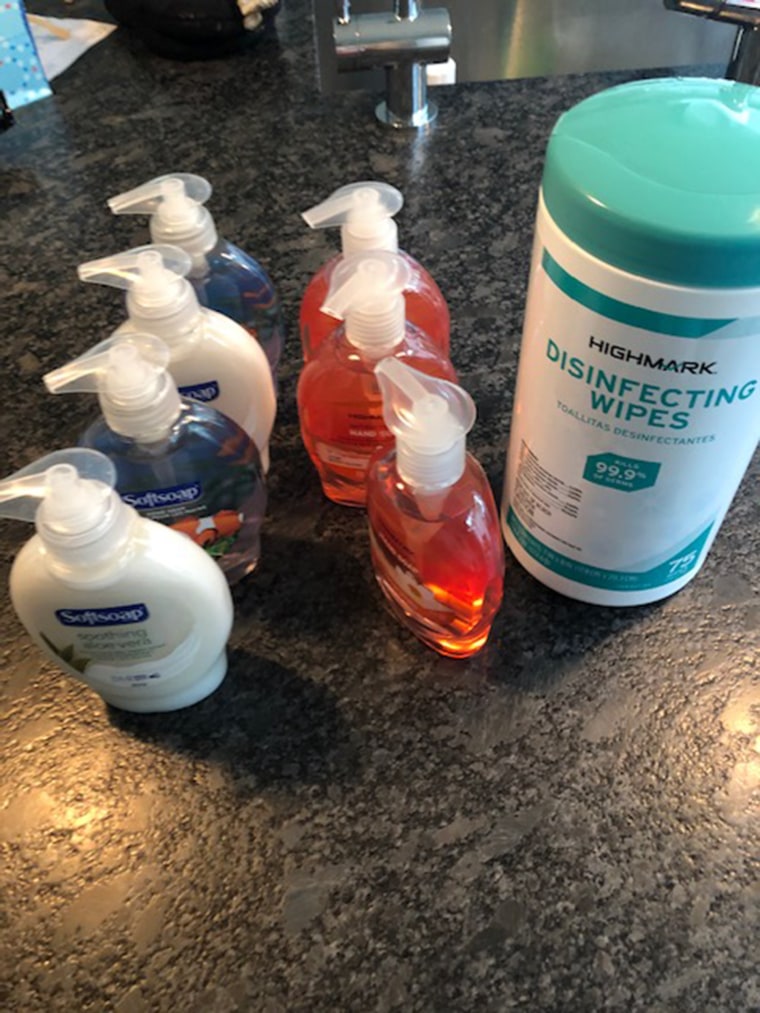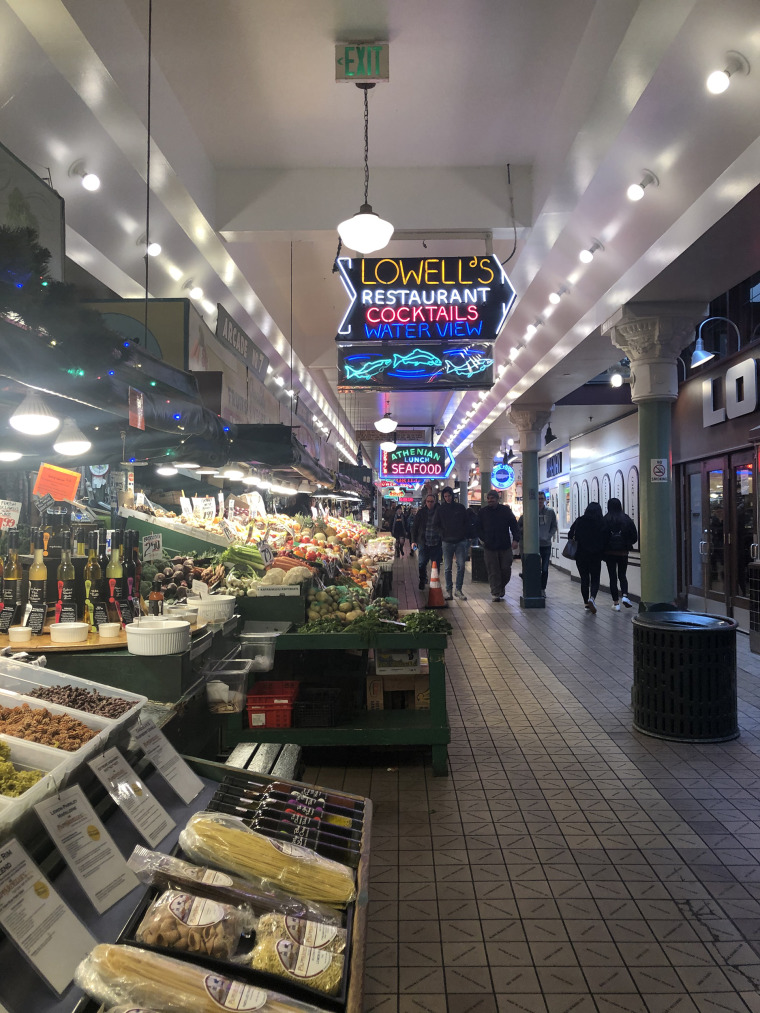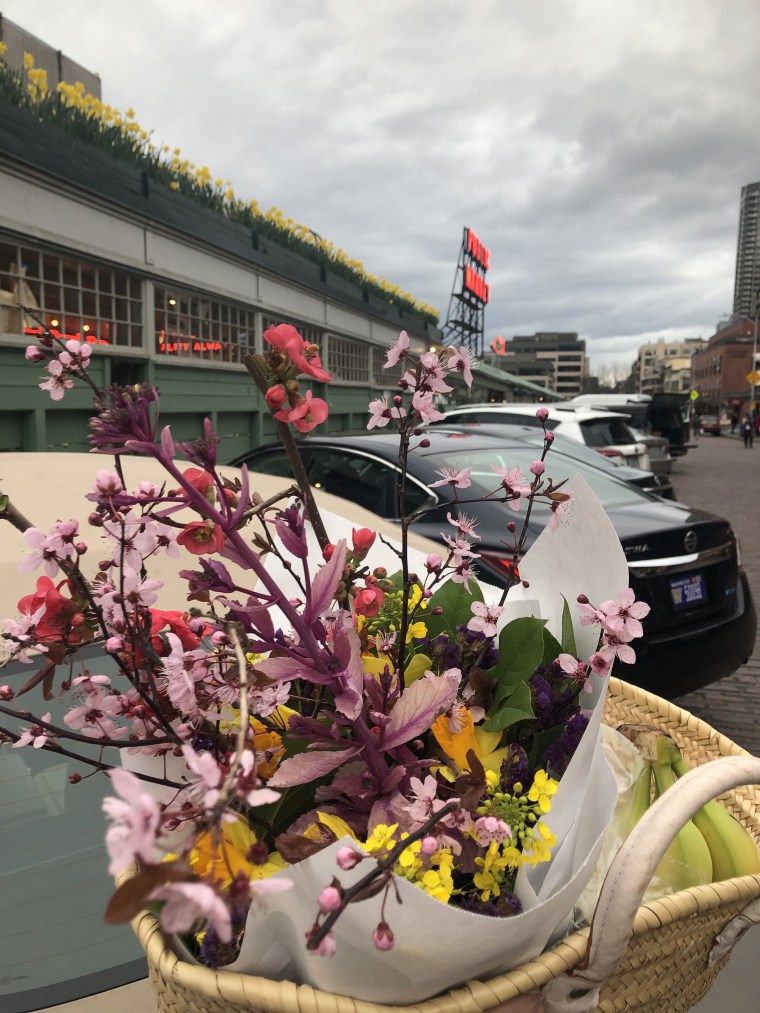Ever since the first U.S. death from the coronavirus was reported in Washington state on Feb. 29, marking our Seattle-area community as “ground zero,” life as we know it here has changed.
Major employers such as Amazon, Microsoft and Boeing have told employees to work from home and have canceled travel. Schools, including the University of Washington, are closing for extended periods. People are not eating at Asian restaurants. Downtown Seattle is a ghost town — the guys at Pike Place Market aren’t even throwing fish because there are no tourists. There’s no traffic on our usually congested roads.
I live in Bellevue, a suburb outside of Seattle and just 12.5 miles from the Life Care Center nursing facility in Kirkland that’s linked to six of the 10 deaths in the state. A friend works for the fire department that responded to the calls at the facility, and now several firefighters are quarantined because they are experiencing symptoms. He is not one of them, but to know someone in the epicenter of the chaos is certainly unnerving.
Like so many others here, I’ve been to numerous stores to find empty shelves where hand sanitizer, disinfecting wipes, face masks and disposable gloves would normally be. I know that handwashing is the best defense of the virus (and I’m stocked with enough hand soap to last a good two years!) but for some reason, not having hand sanitizer has become a minor psychological impairment.

At a recent medical appointment, I truly considered swiping one of the six bottles of sanitizer sitting in the waiting room. (I didn’t.) A friend from Florida posted a recipe of how to make DIY hand sanitizer on Facebook. When I commented that, unfortunately, you also can’t find ingredients such as rubbing alcohol or aloe gel here, she graciously offered to send me some sanitizer. My mother is arriving from India next week and said she’ll bring sanitizer. (Oh, the irony.) Yesterday my son discovered a lone bottle of Purell in his bathroom. It’s about one-third full and expired in 2017. But it’s liquid gold until the package from Florida or my mother arrives!

Other than hand sanitizer envy, I am not panicked. Rather, I am frustrated by the hysteria the general public feels, mostly due to misinformation. While this virus has proved to be devastating, especially for people with compromised immune systems, we have to remember that 80 percent of Covid-19 cases are mild, according to the World Health Organization. It’s also good to hear that recovery rates from the virus continue to increase worldwide.
I understand that employers are taking safety precautions by advocating "social distancing" and having people stay at home. My husband, a Microsoft employee, has been told to work from home for the next three weeks. (As someone who works from home full time, this has its pros and cons. Pros: company, all the time. Cons: company, all the time.)
While some area schools have closed, others are open while monitoring the situation. But parents are freaking out. A friend who is a local elementary school teacher said Friday they had 200 kids absent out of 546 total students. My son’s school in downtown Seattle has alerted us that if they need to close, they have a remote learning plan in place. This is great, but I worry that closing school in the coming weeks will impact his senior year baseball season, which begins soon.
Some people have told me that “the media” is partly to blame for the hysteria. To those people, I say: Follow the stories that tell you to wash your hands often and give best hand-washing practices; to avoid touching your face; to avoid sick people; to stay home if you feel sick. Follow the stories of what experts and officials are advising and doing to combat the spread. Forget blame. Stay informed.

But if you have not been exposed to the coronavirus and if you are not sick, go about your business, and more importantly, support local business! Go out to eat, or, at the very least, order takeout. It’s a good time to be a tourist in our own town. I went to virtually-empty Pike Place market on a weekday and got a rare great parking spot. Vendors were especially appreciative of my purchases of flowers and veggies. As one told me, "It has been a very long, slow day."
I remain hopeful that our community can carry on in a safe, rational manner. I plan to do so.

I am scheduled to travel with my daughter to Mexico for a long-planned spring break trip next week. Unless something drastic — like a travel ban to the country — happens, we are going.
I will bring wipes to sanitize my seat and tray table on the plane. I’ll cover my face with a scarf to avoid germs from fellow passengers. I’ll carry a supply of tissue to touch public spaces like door handles and escalator rails.
But, I look forward to trading ground zero for a place where sunshine, beaches and a different kind of Corona await.
